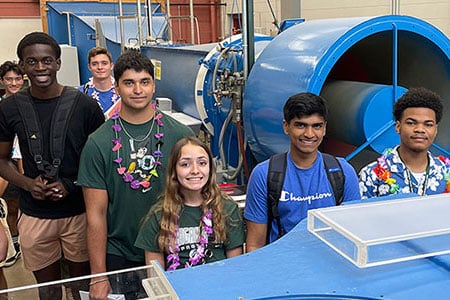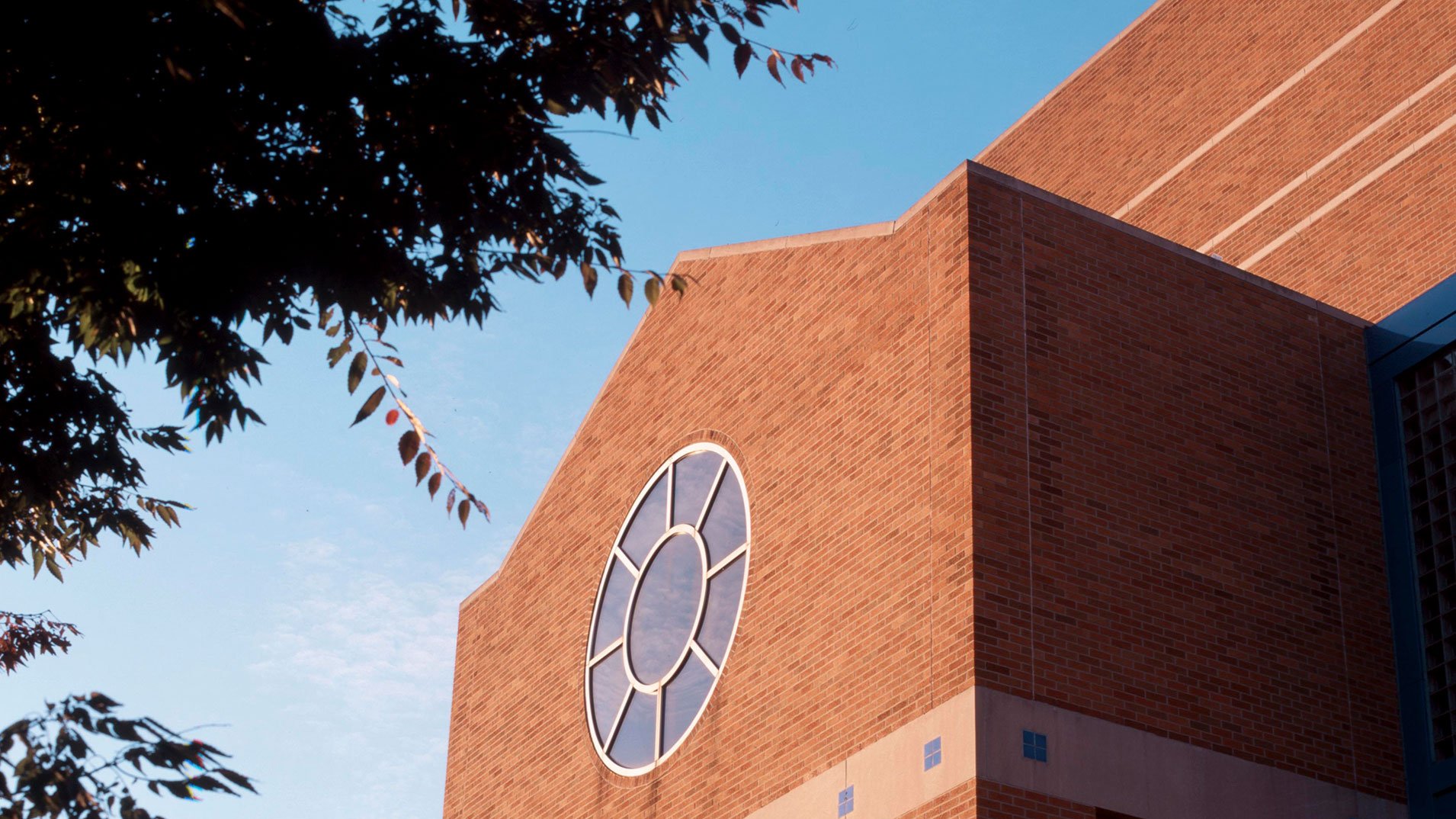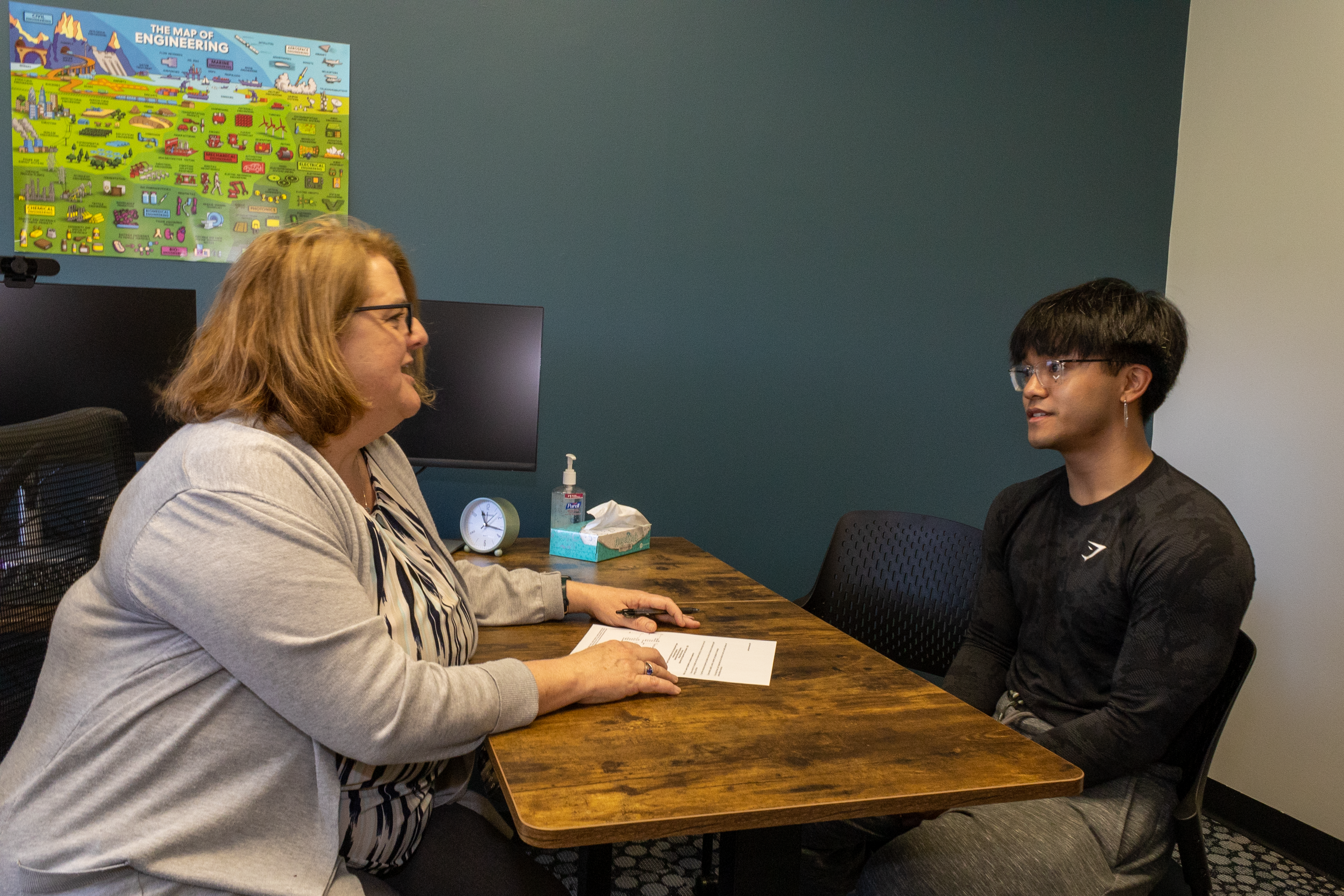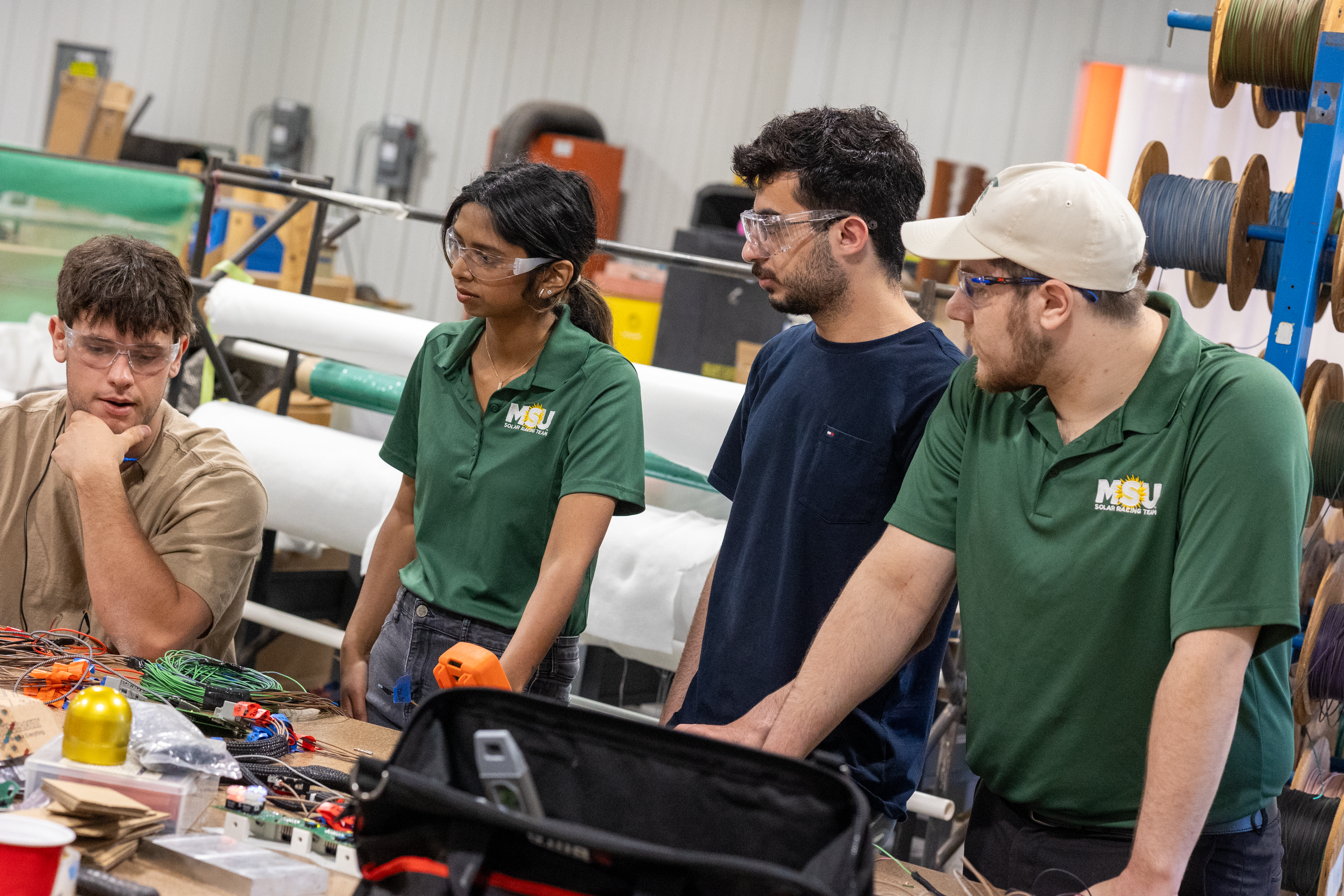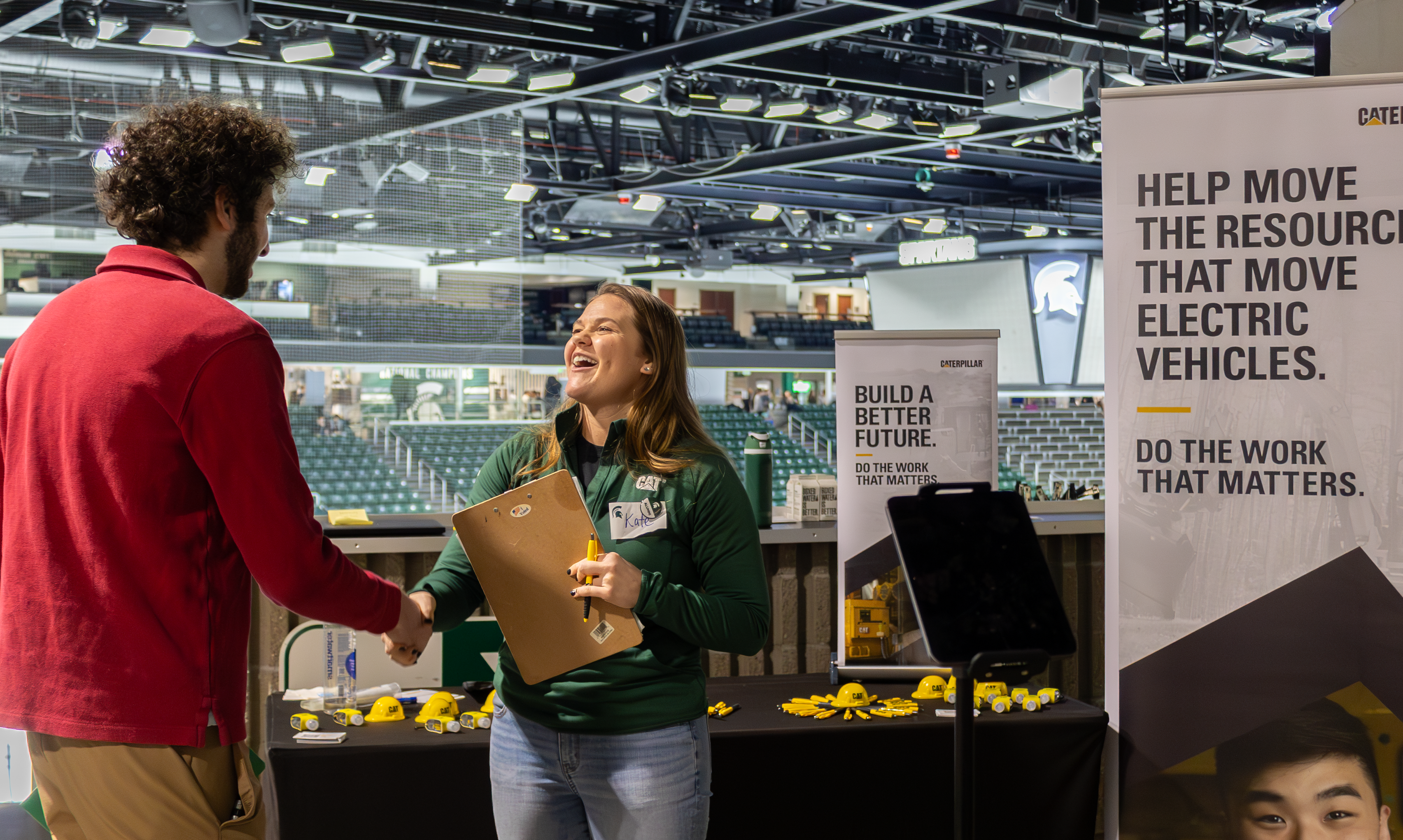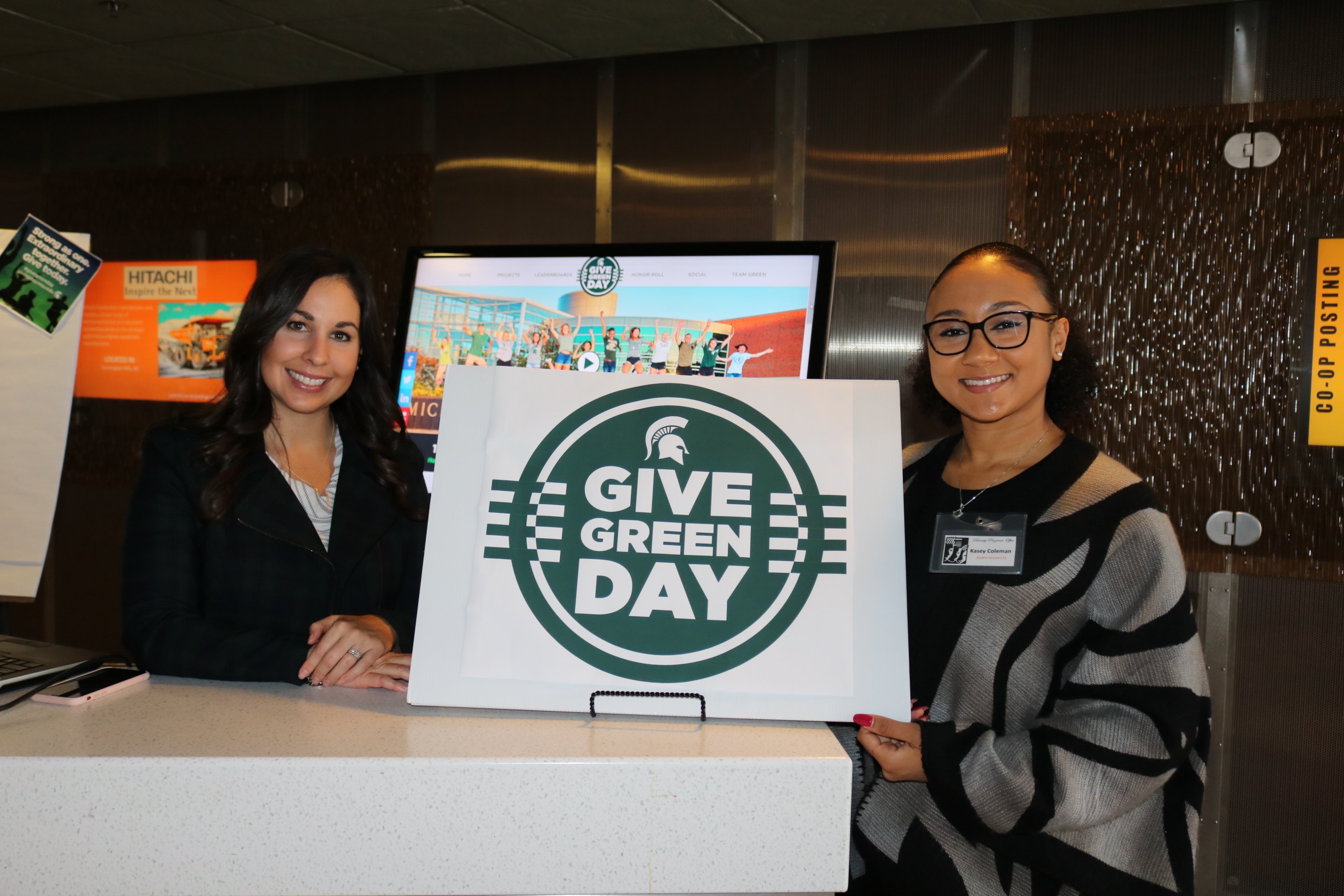The MSU First-Year Engineering CoRe Experience is our program to assist incoming engineering majors to succeed in the early stages of their academic careers. We teach the first engineering design course as well as one of the introductory computing classes. CoRe also provides services to help our students improve their academic, professional and personal skills. We believe we have one of the best fully integrated academic and co-curricular programs in the nation. All incoming first-year students who select an engineering major preference are automatically considered part of CoRe and have access to all the resources that are provided.
Several colleges on the MSU campus support their students through residential programs where incoming students live together in designated university housing. These programs are known as a living-learning communities (LLCs). CoRe is the LLC for our college where a majority of our students live in the MSU South Neighborhood, which is comprised of Wilson Wonders, Holden and Case Halls. These buildings also house our departmental offices, classrooms and laboratories as well as other service organizations and programs.
CoRe partners closely with academic advising and career services to provide easy access to trained professionals to help students build course schedules and secure internships, co-ops or full-time positions. We also operate a fully-staffed tutoring center to assist students with their mathematics (algebra, trigonometry, calculus and differential equations) and science (chemistry and physics) courses. And, CoRe works closely with our industrial partners to bring their expertise and real-world opportunities to the classroom. Our goal is to support students by giving them access to the resources they need to become successful engineers and computer scientists.
History of CoRe
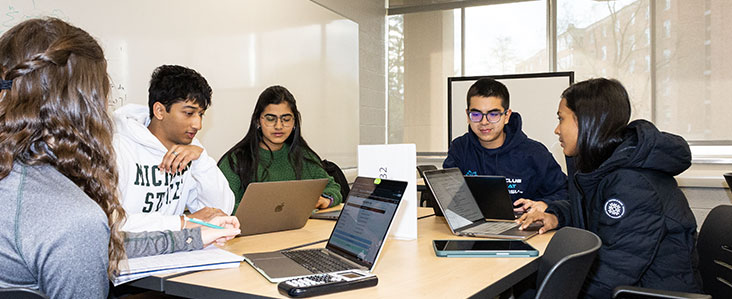
2023
- Tutoring program expanded to include pre-calculus math courses
- Design Justice minor implemented between College of Engineering and RCAH with EGR 100 as base course
2022
- Largest incoming class in college’s 134 history comprised of nearly 1,800 students
- Hosted national First-Year Engineering Experience (FYEE) conference
2021
- Wonders Hall 35,000-square-foot classroom and lab renovation completed and dedicated
2019
- Began development of Peace Engineering Initiative with RCAH containing Education Abroad component with service learning projects implemented in EGR 100
- Added new course EGR 891 Technical Writing for Engineers and Scientists
2018
- Timothy Hinds named director
- CoRe begins partnership with MSU Residential College in the Arts and Humanities (RCAH) Program on Sustainability in Costa Rica
2016
- Tenneco becomes industrial theme partner
- Instructional staff added with growth to nearly 1,700 incoming students
2015
- Implemented Sounding Board of program stakeholders
2014
- Added new course EGR 291 Spatial Visualization
2012
- S. Patrick Walton named director
- Program name changed to Cornerstone Engineering and Residential (CoRe) Experience
- Mission defined as “Turn every first-year engineering student into a second-year engineering student,” S. P. Walton
- Bosch becomes industrial theme partner
2011
- Consumers Energy and GE become first industrial theme partners
2009
- Residential Option for Science and Engineering Students (ROSES) transitions to Engineering Residential Program and moves to South Neighborhood
2008
- Neeraj Buch named inaugural director
- EGR 100 and EGR 102 delivered at large-scale with 650 incoming first-year students
- Wilson Hall renovated to include computer and project labs
2007
- Initial development by inter-departmental team within the College of Engineering
- Two courses developed and piloted: EGR 100 Introduction to Engineering Design and EGR 102 Introduction to Engineering Modeling
2006
- New program discussions begin with Dean Satish Udpa, Associate Dean Thomas Wolff and Provost Kim Wilcox
- New program announced to Big Ten Academic Alliance
